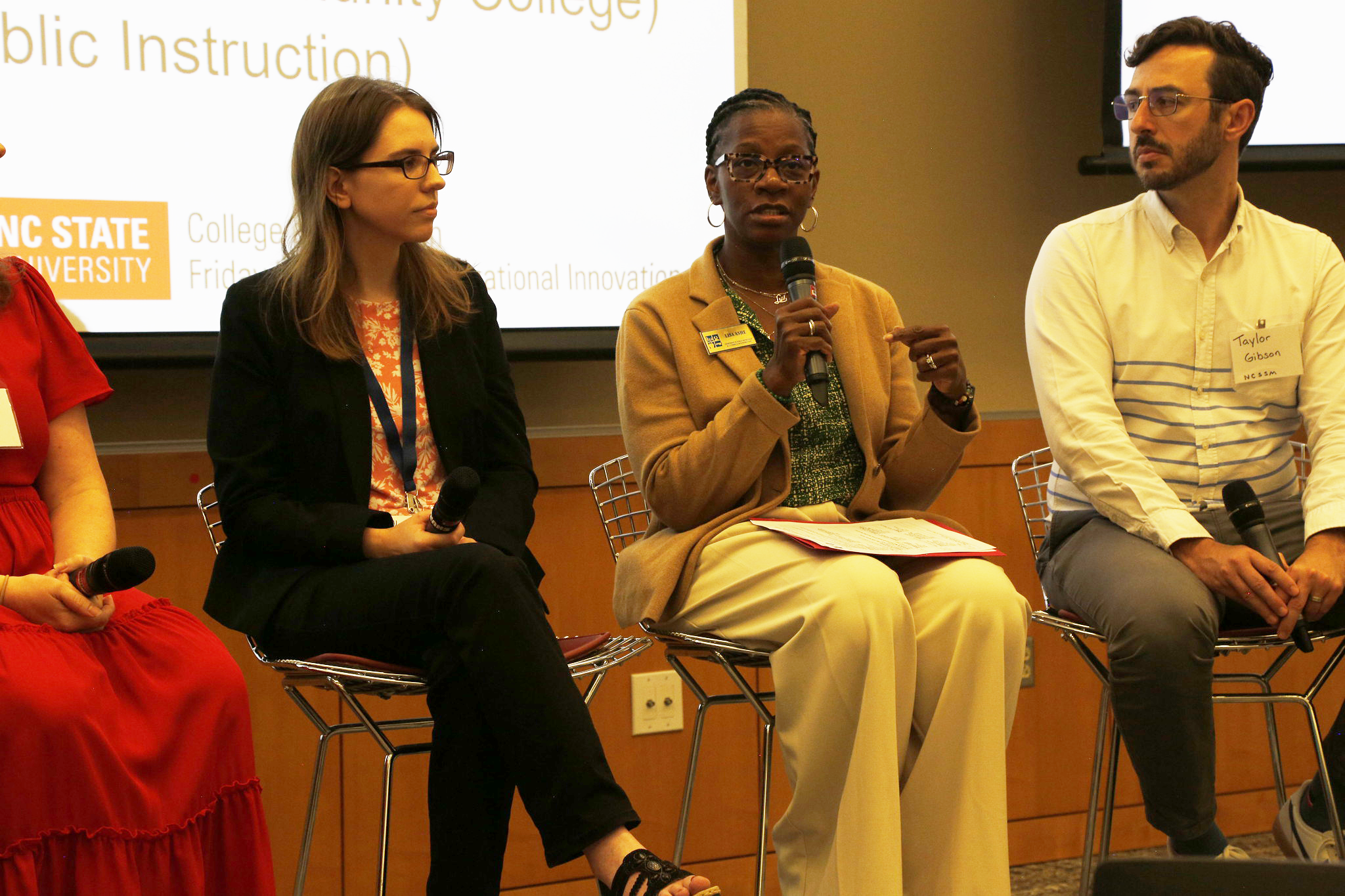Associate Professor Dennis Davis, Ph.D., Shares 10 Findings in the Evidence Base for Teaching Reading During Next Generation Education Webinar
During the Friday Institute for Educational Innovation’s recent webinar, “Exploring Next-Generation Education: Educational Equity and the Science of Reading: What’s at Stake?”, Associate Professor Dennis Davis, Ph.D., shared 10 consistent findings in the evidence base for teaching reading that he thinks should be embedded in all conversations about the science of reading.According to Davis, children benefit from:
- Instruction in phonological and phonemic awareness and alphabetic knowledge. They need extreme mastery of these skills.
- Instruction in word-level decoding that capitalizes on their ability to pair letters and sounds (i.e., explicit systematic phonics instruction)
- Word reading accuracy and automaticity. Children need to be able to recognize most words by sight without pausing to think about them, so instructional activities that provide repeated practice with targeted patterns can really help with this.
- Frequent opportunities to read connected text with modeling and teacher feedback and, importantly, a sense of purpose
- Explicit instruction in a few evidence-based comprehension strategies
- Instruction that helps foster awareness of tech structure, especially for expository text
- Explicit instruction in vocabulary. Many of the skills needed to comprehend a text are closely linked to content knowledge and oral language development.
- Language-rich instruction that exposes children to new content
- Language-rich instruction that exposes children to academic vocabulary and language structures that are used in written text
- Discussion-based teaching that emphasizes inferential and critical thinking, which is beneficial for comprehension development
Listen to the above list from the webinar below.
To view a recap of the webinar, view the story here.


